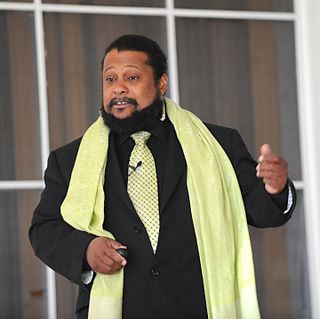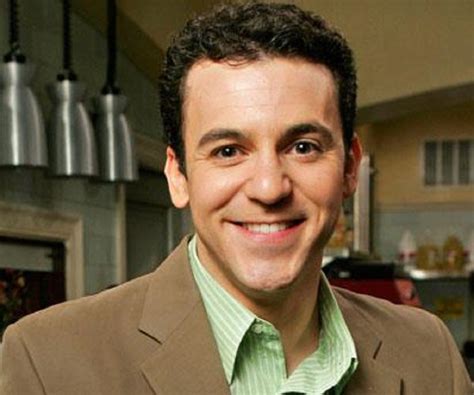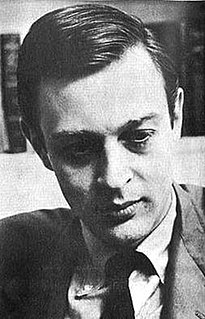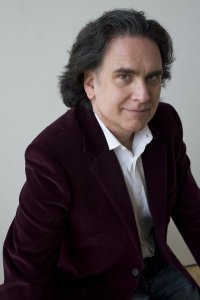A Quote by Peter Medawar
It can be said with complete confidence that any scientist of any age who wants to make important discoveries must study important problems. Dull or piffling problems yield dull or piffling answers. It is not enough that a problem should be "interesting".
Related Quotes
I want to let you in on a little secret. There are no problems. There are no problems. There never were any problems, there are no problems today, and there will never be any problems. Problems just mean that the world isn't turning the way you want it to. But in truth, there are no problems. Everything is unfolding as it should. Everything is right. You have to forget about yourself and expand your consciousness until you become the whole universe. The Reality in back of the universe is Pure Awareness. It has no problems. And you are That.
The future mathematician ... should solve problems, choose the problems which are in his line, meditate upon their solution, and invent new problems. By this means, and by all other means, he should endeavor to make his first important discovery: he should discover his likes and dislikes, his taste, his own line.
It is one of our most exciting discoveries that local discovery leads to a complex of further discoveries. Corollary to this we find that we no sooner get a problem solved than we are overwhelmed with a multiplicity of additional problems in a most beautiful payoff of heretofore unknown, previously unrecognized, & as-yet unsolved problems.
Intelligent, thinking people could take things like this in their stride, just as they took the larger absurdities of deadly dull jobs in the city and deadly dull homes in the suburbs. Economic circumstances might force you to live in this environment, but the important thing was to keep from being contaminated. The important thing, always, was to remember who you were.
But ... the working scientist ... is not consciously following any prescribed course of action, but feels complete freedom to utilize any method or device whatever which in the particular situation before him seems likely to yield the correct answer. ... No one standing on the outside can predict what the individual scientist will do or what method he will follow.




































